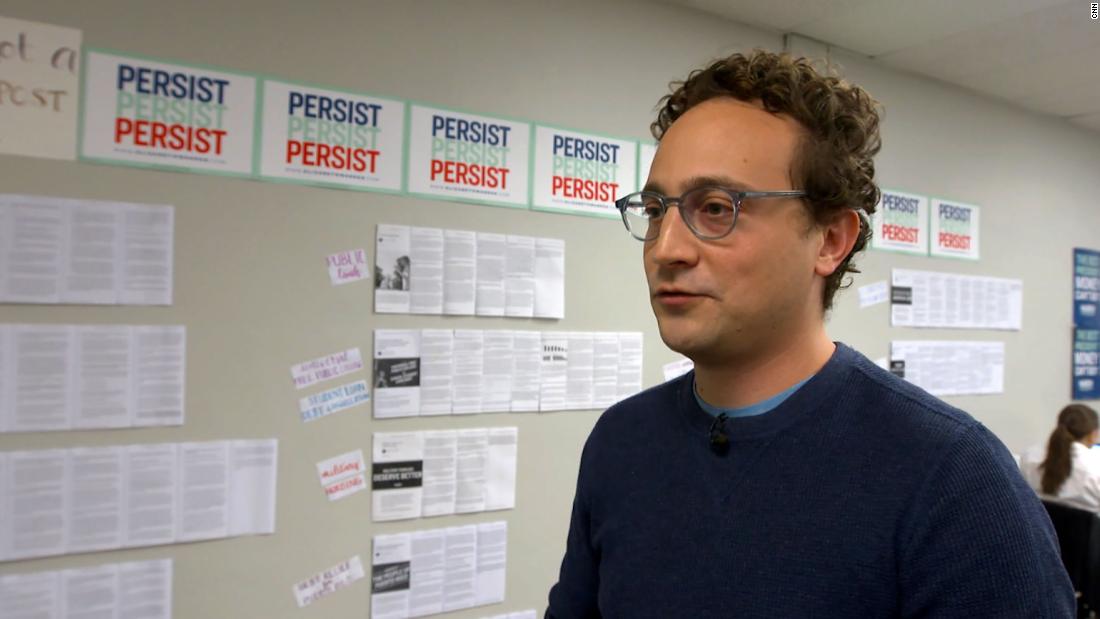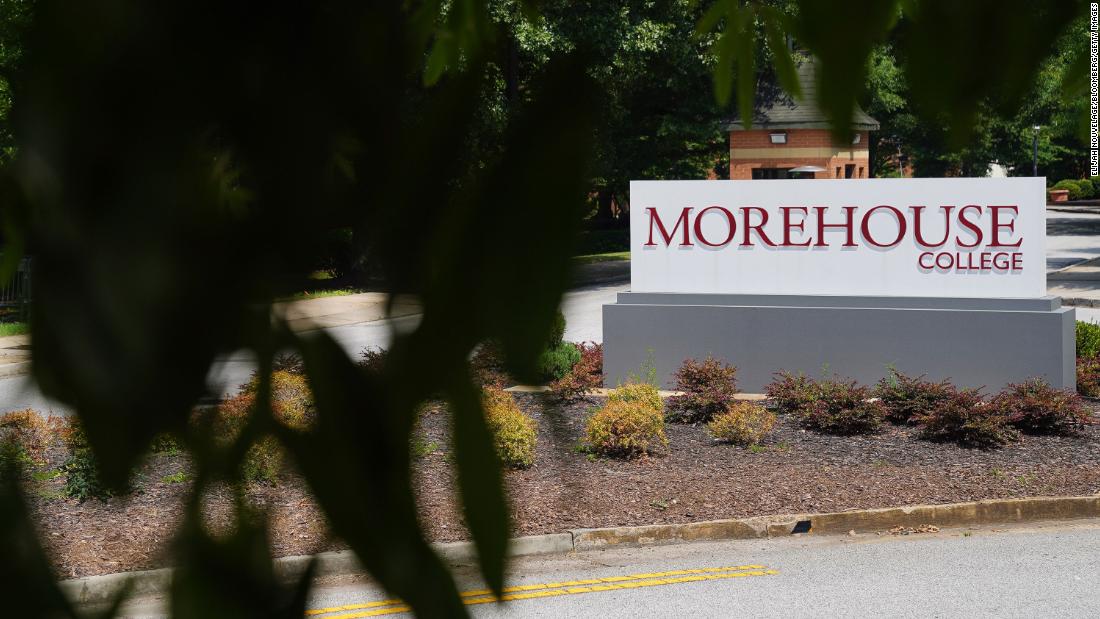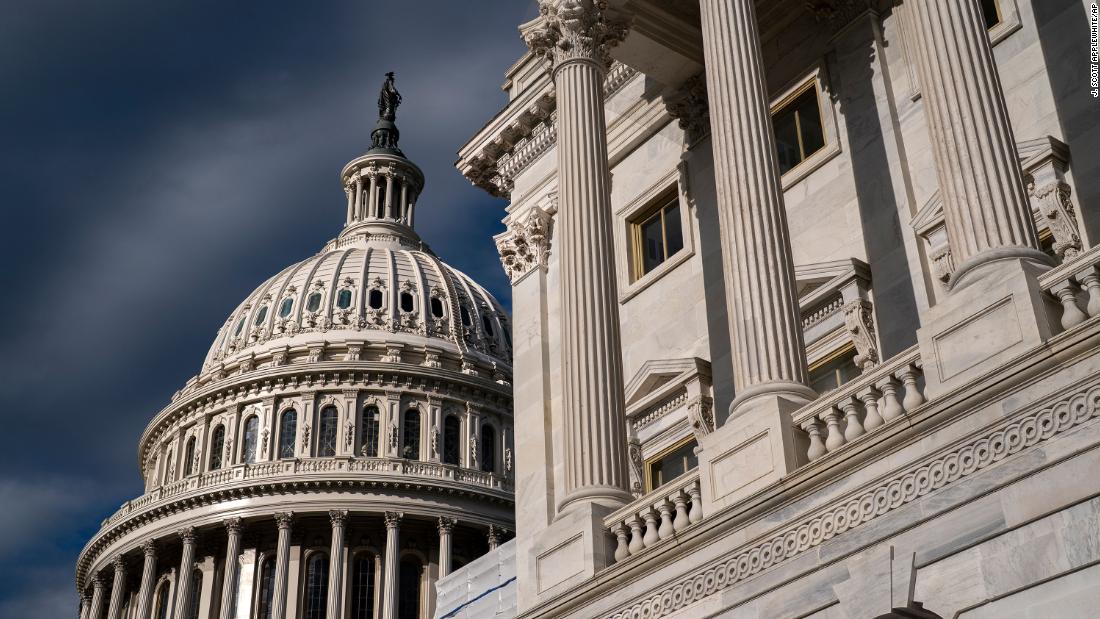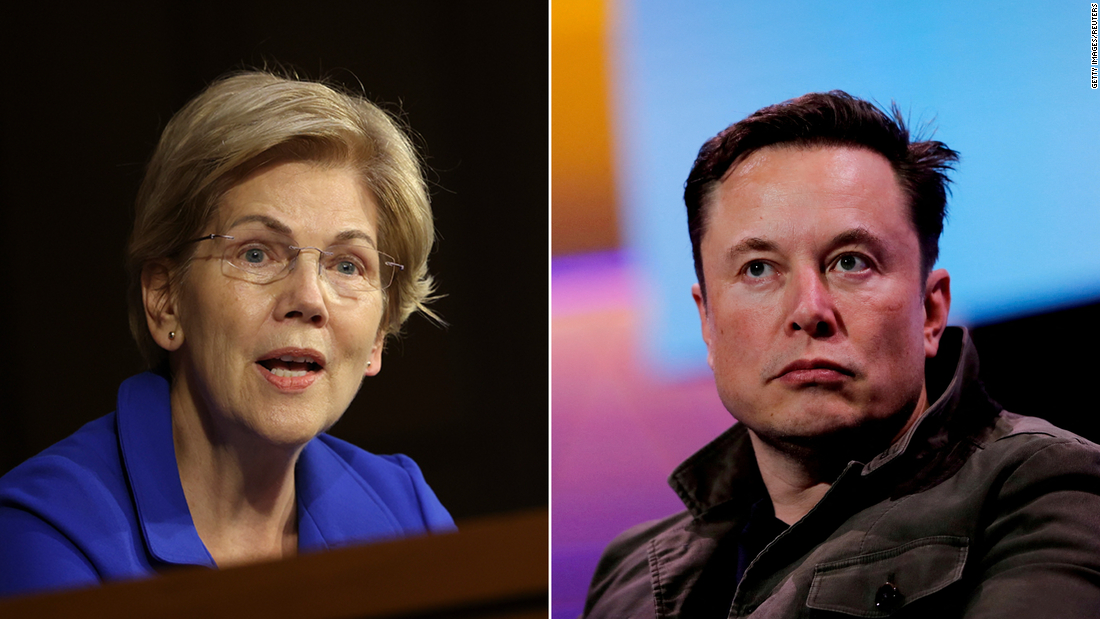Results by State
Elizabeth Warren
Senator from Massachusetts
Jump to stances on the issues
Elizabeth Warren dropped out of the presidential race on March 5, 2020. This page is no longer being updated.
Warren is campaigning on the promise she will push sweeping changes that address economic inequality and root out corruption. The former Harvard law professor was a prominent voice for stricter oversight following the 2008 financial crisis before being elected to the US Senate in 2012.
University of Houston B.S., 1970; Rutgers University, J.D., 1976
June 22, 1949
Bruce Mann; divorced from Jim Warren
Methodist
Amelia, Alexander (with Jim Warren)
Professor, Harvard Law School, 1995-2012;
Visiting professor, Harvard Law School, 1992-1993;
Law professor, University of Pennsylvania Law School, 1987-1995;
Professor of law, University of Texas Law School in Austin, 1983-1987;
Assistant and later associate professor at the University of Houston Law Center, 1978-1983;
Law lecturer at Rutgers School of Law, 1977-1978;
Speech pathologist at a New Jersey elementary school, early 1970s
Visiting professor, Harvard Law School, 1992-1993;
Law professor, University of Pennsylvania Law School, 1987-1995;
Professor of law, University of Texas Law School in Austin, 1983-1987;
Assistant and later associate professor at the University of Houston Law Center, 1978-1983;
Law lecturer at Rutgers School of Law, 1977-1978;
Speech pathologist at a New Jersey elementary school, early 1970s
WARREN IN THE NEWS

Jon Donenberg, top Elizabeth Warren aide, to join Biden's National Economic Council
Updated 10:30 AM ET, Mon Oct 23, 2023
Jon Donenberg -- a key architect of Sen. Elizabeth Warren's signature policy initiatives including her plan to cancel student loan debt -- will join President Joe Biden's National Economic Council as a deputy director, sources told CNN. Donenberg is poised to enter the top ranks of Biden's economic team one year ahead of the 2024 election, as the administration is pushing to sell its record on the country's post-pandemic economic turnaround and boost the public's grim economic outlook. The move also comes as the White House has been focused on a suite of executive actions aimed at cutting costs for lower-income and middle-class Americans, such as cracking down on so-called "junk fees" and finding ways to cancel student loan debt after the Supreme Court struck down Biden's initial plan. Currently Warren's chief of staff, Donenberg is set to start at the NEC early next month. He replaces Bharat Ramamurti, who left the administration earlier this year, and is expected to take over key issues that made up Ramamurti's portfolio including student debt relief, financial regulations, economic competition and technology policy, sources said. "What he's always brought to the policy-making process is both very data-driven but also very much thinking about how we can create an economy that works with everyone," Deputy Treasury Secretary Wally Adeyemo, who has known Donenberg for nearly two decades, told CNN in an interview. Adeyemo said he expects Donenberg to bring a "degree of creativity" to the job -- much needed, he said, as the administration now works to implement some of the hallmark pieces of legislation that Biden signed into law in his first term, such as a $1.2 trillion infrastructure package and a sweeping climate, health care and tax bill known as the Inflation Reduction Act. The administration is also focused on continuing to cancel student loan debt after it suffered a disappointing setback earlier this year when the Supreme Court struck down Biden's signature loan forgiveness program. Donenberg has worked for Warren since her first Senate campaign in Massachusetts in 2012 and is known to be among the senator's closest confidantes. A Capitol Hill veteran, he also previously worked for former Rep. Henry Waxman and Sen. Richard Blumenthal. Donenberg joins a sizable contingent of Warren alums and mentees who have taken on powerful economic policy-making roles in the Biden administration so far. That group includes Adeyemo, who worked with Warren to establish the Consumer Financial Protection Bureau; Ramamurti, who was a policy aide in Warren's 2020 campaign; and Rohit Chopra, the current director of the CFPB. "Jon is a superstar -- and one of the nation's foremost experts on the fight for an economy that works not just for some of our families, but for all of them," Warren said in a statement to CNN. "His unique combination of technical, legal, and economic skills and judgment will make him an invaluable asset to the president." In an interview with CNN in 2019, Donenberg described Warren's career as having been driven by the search for an answer to one question: "What is going wrong with America's middle-class families?" "Why are people working harder than they've ever worked before and not seeing raises and seeing their expenses go up? Why is their debt increasing? Why do they feel like opportunity for their kids is slipping away?" Donenberg said at the time. Answers to some of those very questions may prove to be central to what ultimately shapes up to be Biden's economic legacy. In recent months, Biden's top advisers have expressed optimism about several major economic trends -- key among them, slowing inflation and a robust jobs growth. But public sentiment has yet to catch up, with polling continuing to show stubborn pessimism about the economy despite a string of positive economic news. Advisers acknowledge that more time is needed for Americans to move past the trauma of the Covid-19 pandemic and historic-high inflation. "Jon brings a breadth of experience and a steadfast commitment to building an economy from the bottom up and middle out," said NEC Director Lael Brainard. "His previous work on competition, consumer protection, and financial regulation makes him well equipped for this role."
READ MORE STANCES ON THE ISSUES
climate crisis
A backer of the Green New Deal, the broad plan to address renewable-energy infrastructure and climate change proposed by Rep. Alexandria Ocasio-Cortez of New York, Warren has set out one of the most detailed proposals for making it happen. In June 2019, she introduced a suite of industrial proposals with names like the “Green Apollo Program” and “Green Marshall Plan.” Her Green Industrial Mobilization is the most ambitious – and expensive, with a $1.5 trillion price tag over 10 years – for spending on “American-made clean, renewable, and emission-free energy products for federal, state, and local use, and for export.” The “Green Apollo” plan would invest in scientific innovation and the “Green Marshall Plan” would facilitate the sales of new green technologies to foreign markets. In September 2019, Warren announced she would adopt the climate change proposals championed by Washington Gov. Jay Inslee, who bowed out of his climate change-focused candidacy in August 2019. That includes a 10-year plan for moving to 100% clean energy and emissions-free vehicles, as well as zero-carbon pollution from all new commercial and residential buildings by 2028. Warren says achieving those goals would take another $1 trillion in investment on top of her existing proposals, which she says would be covered by reversing the 2017 Republican tax cuts. Warren said in October 2019 that, if elected president, she would mandate all federal agencies to consider climate impacts in their permitting and rulemaking processes. When tribal nations are involved, Warren wrote in a Medium post, projects would not proceed unless “developers have obtained the free, prior and informed consent of the tribal governments concerned.” She said a Warren administration would aggressively pursue cases of environmental discrimination, and would fully fund the Centers for Disease Control and Prevention’s environmental health programs. Warren told The Washington Post she would recommit the US to the Paris climate accord, a landmark 2015 deal on global warming targets that Trump has pledged to abandon. More on Warren’s climate crisis policy
economy
Warren says she’s a capitalist but wants regulation. “I believe in markets,” she said in a March 2019 CNN town hall, following up with a focus on rules and regulation. “Market without rules is theft.” The senator has released a tax plan that would impose a 2% tax on households with net worths of more than $50 million and an additional 1% levy on wealth above $1 billion. This tax would cover, according to Warren, a universal child care program she announced in February 2019. Warren has staked out her claim as an opposition leader against what she sees as big business overreach. Also in February 2019, she criticized Amazon for “walk[ing] away from billions in taxpayer bribes, all because some elected officials in New York aren’t sucking up to them enough. How long will we allow giant corporations to hold our democracy hostage?” She was opposed to the recent deregulation efforts around banks. Warren is calling for the breakup of companies like Google, Facebook and Amazon and advocated legislation that would make Amazon Marketplace and Google search into utilities. In July 2019, Warren released a plan aimed at Wall Street and private equity that would reinstate a modern Glass-Steagall Act, which would wall off commercial banks from investment banks, place new restrictions on the private equity industry and propose legislative action to more closely tie bank executives’ pay to their companies’ performance. She also released a set of trade policy changes that would seek to defend American jobs by negotiating to raise global labor and environmental standards. The senator wrote that she would not strike any trade deals unless partner countries meet a series of ambitious preconditions regarding human rights, religious freedom, and labor and environmental practices, among other issues. She said she would renegotiate existing trade agreements to ensure other countries meet the higher standards, and she pledged to push for a new “non-sustainable economy” designation to give her the ability to penalize countries with poor labor and environmental practices. Warren said in October 2019 that she would extend labor rights to all workers, protect pensions and strengthen workers’ rights to organize, bargain collectively and strike. More on Warren’s economic policy
education
Warren has released a plan to forgive up to $50,000 in student debt for tens of millions of Americans. The amount of relief would be tied to income, with those households making $250,000 or more shut out of the program. Households earning less than $250,000 would be eligible for relief on a sliding scale, with those reporting less than $100,000 a year eligible for the maximum. Warren unveiled the proposal as part of a larger program that would supercharge federal spending on higher education, including eliminating tuition and fees for college students at two- and four-year public institutions. It would also ask states to pay a share of the costs. Warren would expand grants for low-income and minority students to help with costs like housing, food, books and child care. Her campaign has priced the plan at $1.25 trillion over 10 years and says it would be paid for by her wealth tax. The plan would also establish a $50 billion fund for historically black colleges and universities and minority-serving institutions. More on Warren’s education policy
gun violence
During the first Democratic debate, Warren called gun violence “a national health emergency” that should be treated like a “virus that’s killing our children” – and called for robust new restrictions and new investment in research. “We can do the universal background checks, we can ban the weapons of war,” Warren added, “but we can also double down on the research and find out what really works.” Though her campaign has not yet released a gun control plan, Warren has been active on the issue as a senator. In February 2018, less than two weeks after the Parkland, Florida, mass shooting at Marjory Stoneman Douglas High School, she sent letters to nine major gun company shareholders, asking that they use their influence to pressure the industry to take steps to reduce gun violence. She supports bans on so-called assault weapons and legislation prohibiting high-capacity magazines, and has voted to expand background checks for gun buyers.
healthcare
Warren has endorsed Vermont Sen. Bernie Sanders’ “Medicare for All” bill, which would create a national government-run health care program and essentially eliminate the private insurance industry. In a plan released in November 2019, Warren said she would implement Medicare for All in two phases that would be complete by the end of her first term. Warren proposed a plan in April 2019 to drive down the maternal mortality rate among African American women. Warren has also co-sponsored legislation in the Senate aimed at lowering the price of prescription drugs that includes allowing the federal government to manufacture generic medications if their prices spike. More on Warren’s health care policy
immigration
Warren unveiled a plan in July 2019 to overhaul the nation’s immigration system, pledging to reverse a series of Trump administration policies and authorize her Justice Department to review allegations of abuse against detained migrants. The proposal would decriminalize crossing the border into the United States without authorization, a step first championed by former Secretary of Housing and Urban Development Julián Castro, and separate law enforcement from immigration enforcement. If elected, Warren said, she would first seek to pursue her agenda through legislation, but “move forward with executive action if Congress refuses to act.” Warren also said she supports legislation that would provide a path to legal status and citizenship for undocumented immigrants. Her plan would end privately contracted detention facilities and she promises that she would “issue guidance ensuring that detention is only used where it is actually necessary because an individual poses a flight or safety risk.” Warren backs expanding legal immigration, raising the refugee cap and making “it easier for those eligible for citizenship to naturalize.” She would reduce “the family reunification backlog” and provide “a fair and achievable pathway to citizenship.” More on Warren’s immigration policy
LATEST POLITICAL NEWS

Biden speaks at Morehouse College commencement
Updated 12:27 PM ET, Sun May 19, 2024
President Joe Biden spent much of his commencement address focusing on the theme of democracy, while touting his administration's work for Black Americans. As a handful of student turned their chairs in a silent protest of Biden, the president listed some virtues of a healthy democracy. "In a democracy, we debate and dissent about America's role in the world," Biden said. He added: "I want to say this very clearly -- I support peaceful, nonviolent protest. Your voices should be heard. I promise you, I hear them." Biden said he was determined to make his "administration look like America" when he became president. "I have more African Americans in high places, including on the court, than any president in American history. Because I need the input," he said. Biden then shifted to the Middle East, calling the situation in Gaza a "humanitarian crisis" while saying his administration is working toward a ceasefire with the release of hostages. President Joe Biden subtly teased his hopes for the political future of his vice president and running mate while delivering the Morehouse commencement on Sunday. Saying he was "proud to put in the first Black woman on the United States Supreme Court," Biden added that he had "no doubt one day a Morehouse man will be on that court as well." He then added he had "no doubt a Morehouse man will be president one day - just after an AKA from Howard." Harris was a member of Alpha Kappa Alpha, a historically Black sorority, during her time as a student at Howard University. President Joe Biden said he's called for an "immediate ceasefire" in Gaza while delivering his commencement address at Morehouse College. “What’s happening in Gaza and Israel is heartbreaking," he said. He continued: "It's a humanitarian crisis in Gaza," the president said. "That's why I've called for an immediate ceasefire - an immediate ceasefire to stop the fighting and bring the hostages home." It was a forceful call for a ceasefire and an urgent call for a political solution in Gaza. Biden has previously said his administration is working towards a temporary ceasefire to secure the release of hostages still being held in Gaza. The president continued: “What happens in Gaza, what rights do the Palestinian people have? I'm working to make sure we finally get a two-state solution -- the only solution where two people live in peace, security, and dignity,” he said. As Biden began speaking, a student in the audience unfurled a Palestinian flag and held it up. Some students in the audience have turned their chairs so they are facing away from the president as he delivers his commencement address. President Joe Biden took the podium at Morehouse College at 10:29 a.m. ET. He started his remarks by recognizing the relatives of graduating seniors. "A lot of you, like my family, had to make significant sacrifices to get your kids to school," the president said. Morehouse College has conferred an honorary degree to President Joe Biden. Biden is the third US President to receive the honorific from Morehouse. President Barack Obama received an honorary degree when he delivered a commencement address at the college in 2013. Jimmy Carter received one in 1975, before he became president. Morehouse faculty approved Biden's honorary degree in a vote earlier this week. Morehouse valedictorian DeAngelo Fletcher called for a ceasefire in Gaza while speaking ahead of President Joe Biden's commencement address. "The Israel-Gaza conflict has plagued the people of its region for generations," Fletcher said while Biden looked on behind him. "It is important to recognize that both sides have suffered heavy casualties in the wake of October 7. From the comfort of our homes, we watched an unprecedented number of civilians mourn the loss of men, women and children. Fletcher called for the release of all hostages. He then continued: "For the first time in our lives, we've heard the global community sing one harmonious song that transcends language and culture." "It is my stance as a Morehouse man - nay, as a human being - to call for an immediate and permanent ceasefire in the Gaza Strip," he said. President Joe Biden has taken the stage at Morehouse College's commencement ceremony. He was met with applause and chants of "four more years" from the section reserved for graduates' families. Ahead of Sunday's commencement address, President Joe Biden consulted with prominent Black public figures for weeks and White House officials traveled to Morehouse College's campus to hold forth with students and faculty and attempt to quell their concerns. During a meeting in early May, roughly half of the two-hour conversation focused on the conflict in Gaza, one source said. Stephen Benjamin, the director of the White House office of public engagement, said he and the students had a wide-ranging conversation, which again included the conflict in the Middle East. Students are also concerned that their achievements will be overshadowed by a stump speech, according to people familiar with the discussions. They have expressed frustration that the format of the event and the level of security required for such a high-profile visit resulted in limited tickets for family members, many of whom must watch from an overflow room. Biden's scheduled appearance at Morehouse is a shift in strategy as the president has largely shied away from addressing large crowds of young people on college campuses, a change that came shortly after his January remarks on abortion rights at Virginia’s George Mason University were interrupted more than a dozen times by protesters outraged at his continued support for Israel in its war in Gaza. The Middle East conflict spurred more than 1,360 student demonstrations on campuses across the country from October 7 to May 3, according to data compiled by the Armed Conflict Location & Event Data Project. “I understand people have strong feelings of deep convictions,” Biden said during brief remarks from the White House on campus protests earlier this month. “In America, we respect the right and protect the right for them to express that. But it doesn’t mean anything goes.” The program for Morehouse College's commencement began before 9 a.m. ET. President Joe Biden has arrived at the college and will speak later in the program. President Joe Biden has departed for Morehouse College, where he will deliver a commencement address later this morning. Morehouse College President David A. Thomas said Thursday he would shut down commencement ceremonies “on the spot” rather than allow police to remove student protesters in zip ties during President Joe Biden’s graduation speech. Biden’s scheduled commencement speech Sunday at one of the nation’s preeminent historically Black colleges comes as school officials around the country have called in law enforcement to clear pro-Palestinian encampments and quell demonstrations in recent weeks. “What we won’t allow is disruptive behavior that prevents the ceremony or services from proceeding in a manner that those in attendance can partake and enjoy,” Thomas told CNN. “So, for example, prolonged shouting down of the president as he speaks. I have also made a decision that we will also not ask police to take individuals out of commencement in zip ties. If faced with the choice, I will cease the ceremonies on the spot, if we were to reach that position.” Biden’s presence on the Atlanta campus also comes as he seeks to persuade young voters to send him to the White House for another term, even as many have expressed frustration for his administration’s continued support of Israel’s military campaign in Gaza. Thomas said the college will not allow “hate speech,” meaning any “calls for violence against another group or individual.” He said Morehouse is a place that “can hold the tensions” that have come to a boil at campuses across the nation. Ahead of President Joe Biden's commencement address at Morehouse College on Sunday, the school is bracing for enhanced security measures and potential pro-Palestinian protests amid the president’s stalwart support for Israel’s campaign against Hamas. There have been mixed reactions within the Morehouse community to Biden’s presence on campus. Morehouse extended the invitation to Biden to speak in September, a month before the Israel-Hamas war started, but since the announcement that Biden would deliver the commencement speech, several student-led protests have taken place on and off the Morehouse campus. Noah Collier, a senior, told CNN that his school needs to rescind Biden’s invitation because, he says, if the president speaks on his campus this weekend, it “shows our institution’s complicity in all of the injustices created by Biden’s Cabinet and the US government.” Meanwhile, Calvin Bell, another senior, told CNN that he is "looking forward to Biden coming on campus in order to hear what his speech truly has to say." “As someone who has felt very weird at this portion in time and history, with the tension in Gaza, I think it’s important for Biden to come with the intention of wrestling with the issues at hand, and reassuring students such as myself, as well as our family members, who are a part of the Black community," Bell said. The Morehouse address is under the microscope as a potential litmus test for the president’s strength with young voters of color in the fall. The president’s advisers say he’s intent on keeping the focus on the graduates even as the prospect of protests lingers over the event. Morehouse College President David A. Thomas said it wouldn’t be in Biden’s interest to “give a campaign stump speech.” He called on the president to discuss what the school represents, lay out his vision for “a more inclusive economy” and address the Israel-Hamas war.
READ MORE 






